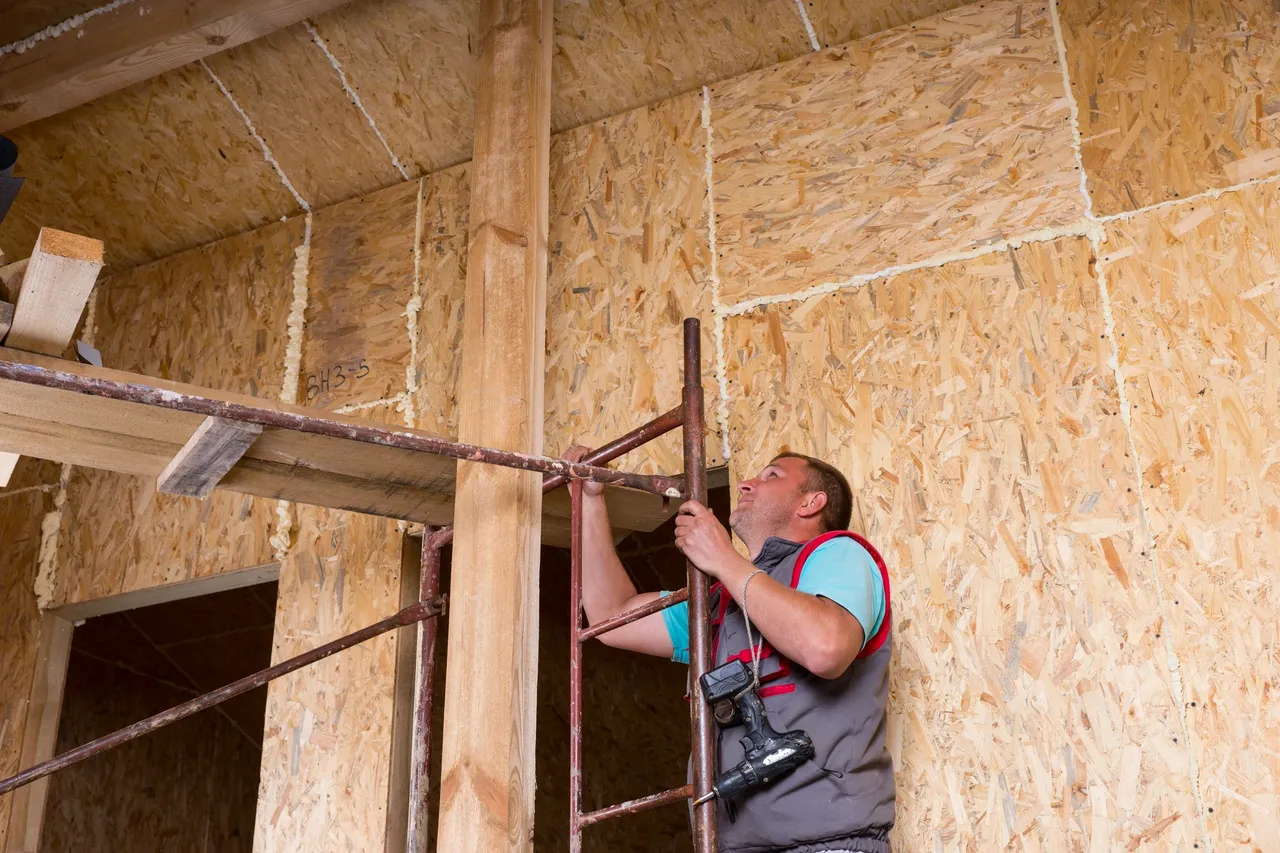When it comes to home improvement or construction projects, finding the right contractor is essential. A reputable contractor can turn your vision into reality, while the wrong one can lead to delays, legal disputes, and additional expenses. Texas, with its booming real estate market, offers a wide selection of contractors, making it crucial to know how to choose the best. Here’s a guide to help you hire a reputable contractor in Texas.
1. Do Your Research
Start by gathering names of potential contractors through referrals from friends, family, or online reviews. Websites like Yelp, Angi, and the Better Business Bureau (BBB) can provide valuable insights into the reputation of contractors in your area. In Texas, contractors do not need a general license to operate, but specialty contractors (like electricians and plumbers) do. Always verify the credentials of contractors who require specific licensing.
- Tip: Look for contractors with strong online ratings and read through both positive and negative reviews. A reputable contractor will have a pattern of satisfied customers and a history of handling complaints professionally.
2. Check Licensing and Insurance
For general contractors in Texas, a license is not mandatory. However, contractors working on specialized tasks (e.g., HVAC, plumbing, or electrical) must be licensed by the state. You can verify licensing through the Texas Department of Licensing and Regulation (TDLR) website.
Additionally, always ask for proof of insurance. A reputable contractor should carry general liability insurance and workers’ compensation. This protects you from potential legal and financial risks in case of an accident or property damage during the project.
- Tip: Never hire a contractor without proper insurance, as you could be held liable for any injuries or damages that occur on your property.
3. Ask for References
Once you’ve narrowed down your options, request references from the contractor. Speak to previous clients to learn about their experiences. Ask about the quality of work, timeliness, communication, and how the contractor handled any challenges.
If possible, visit completed projects to see the quality of the work firsthand. Reputable contractors will be proud of their work and happy to share references.
4. Review Contracts Thoroughly
Before signing any agreement, make sure the contract is detailed and includes the project scope, timeline, materials to be used, payment schedule, and warranties. A reputable contractor will provide a clear, written contract to avoid misunderstandings.
- Tip: Be cautious of contractors who ask for a large upfront payment or prefer cash payments. Reputable contractors will usually ask for a small deposit (10-20% of the total project cost) and establish a payment schedule tied to project milestones.
5. Avoid “Too Good to Be True” Deals
If a contractor’s bid is significantly lower than others, it’s a red flag. This could indicate they might cut corners, use subpar materials, or are desperate for work. It’s essential to compare estimates from multiple contractors, ensuring that you understand what is included in each bid.
- Tip: Opt for value over the lowest price. A reputable contractor might charge more but will likely save you money in the long run by avoiding costly mistakes and delivering quality work.
6. Verify Permits and Inspections
Many construction and renovation projects in Texas require permits. A reputable contractor will know the local regulations and will obtain the necessary permits for the job. If a contractor asks you to pull the permits yourself, this could be a sign they are not licensed or trying to cut corners. Locally, if you are subject to any of these jurisdictions, permits may be obtained from The Woodlands Township, Conroe Permits Department, Montgomery County Permit Department, and Harris County Permits.
Additionally, inspections are often required during different phases of the project to ensure code compliance. Ensure that your contractor follows through on all required inspections before completing the project.
7. Stay Involved in the Project
While hiring a reputable contractor will give you peace of mind, it’s still important to stay involved throughout the project. Regularly check on progress, ask questions, and maintain open communication with your contractor. This helps prevent misunderstandings and ensures the project stays on track.
- Tip: Establish a clear communication plan from the beginning, including how often you expect updates and the preferred method of contact.
8. Trust Your Instincts
Finally, trust your instincts. If something feels off about a contractor, do not enter into a contract with them. Your home is a significant investment, and you deserve to work with someone you trust.
Conclusion
Hiring a reputable contractor in Texas may take some time, but it’s worth the effort. Researching, verifying credentials, reviewing contracts, and staying involved—can help protect yourself from potential issues and ensure your project is completed to your satisfaction. Remember, a reputable contractor will prioritize your needs, maintain clear communication, and deliver quality work that stands the test of time.



